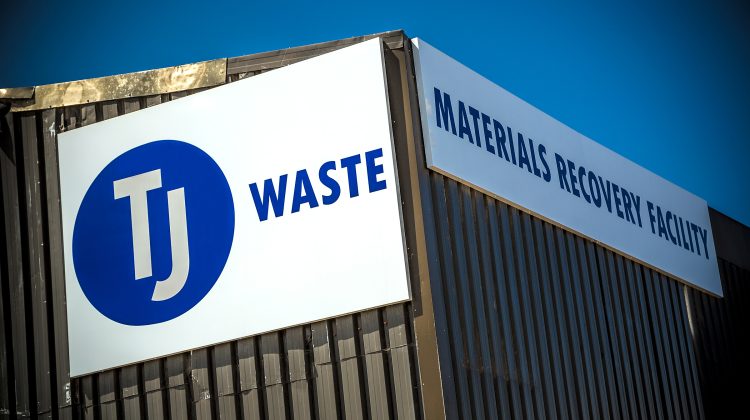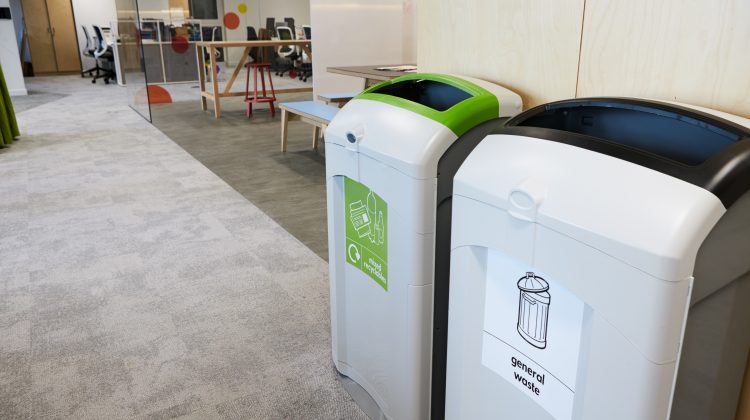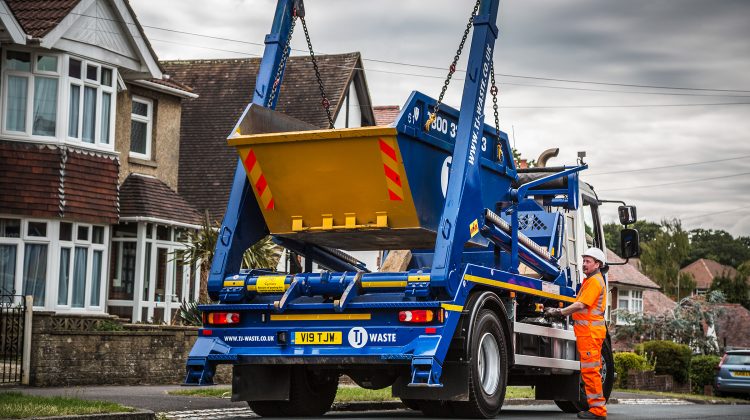Trust TJ to take care of your hazardous waste; we’re experts in this area and can facilitate the transfer of these materials to a safe and appropriate facility for dismantling, reuse and disposal.

Brexit is at the forefront of many Brits’ minds this month as we creep closer to the 31 October deadline. Although so much is still unknown, it is likely that whatever the outcome, leaving the EU will have an impact on the UK waste industry…
With just over two weeks until the UK finally leaves the European Union, it is a topic on the tip of many Brit’s tongues and gracing the news headlines daily. It’s been a long time coming and even now, there are many uncertainties surrounding the B-word.
There’s so much that’s still unknown, not least whether a deal will be secured, or whether we’ll end up crashing out with a no-deal Brexit. The result of this question alone is sure to have a huge impact on the UK in many ways, so it’s a waiting game to see how it will pan out.
Either way, leaving the EU is sure to have some impact on the UK waste industry. In recent years, we’ve become keen recyclers as we’ve learnt more about the ill effects that waste going to landfill can have on the environment. Vast quantities of paper and card, plastics, glass and metals are now regularly collected and turned back into goods and packaging.
We also direct materials such as coal, animal and human waste, food scraps, paper, cardboard, plastics and rubber towards the pyrolysis process – decomposition brought about by high temperatures. The pyrolytic process produces oil that can be used as a synthetic bio-diesel fuel.
Unfortunately the UK does not have the infrastructure in place to deal with the full recycling process and so we have to export between 3 and 4 million tonnes of recycled materials to the EU for processing and remanufacturing each year. Additionally, a further 3.5 million tonnes of waste that has been through the pyrolysis process is sent to the EU as well.
Although it is likely that these processes will be able to continue after Brexit, will the procedures need to change, will the way we transport them need to be altered and will the cost go up?
It has come to light in recent weeks that the Dutch government is considering imposing an import tax on all refuse-derived fuel (RDF) coming in from countries outside the EU. This means that after we leave the EU on 31 October, we could be faced with paying around £35 extra per tonne of RDF waste exported there for incineration.
This would have a huge financial impact on the UK waste industry, resulting in higher costs to commercial companies and their customers. Dutch waste businesses are lobbying against this tax as introducing it could mean a huge drop in UK business, which would not be good for their bottom line as presently 60% of our RDF goes there.
One angle of thought is whether the UK could invest in their own improved recycling facilities regardless of Brexit. As we become more and more conscious of the effect of our carbon footprint, recycling levels are only going to go one way – up. So it would make sense to invest in the infrastructure to be able to fully process the materials here in the UK, where we can have complete control of it and even profit from it.
This isn’t something that would happen overnight though, so in the short term we need to sit tight and look at the positives. We should remember that the UK is currently bound by the EU’s legislative framework for waste, which sets the overall strategic direction for the waste and recycling sector. Brexit may offer some opportunities for the UK to move away from the EU approach and to capture more value from our waste by considering carbon-based targets rather than weight-based, which would improve our recycling rating in terms of environmental outcomes.
Rest assured, whatever happens on the 31 October, you can rely on TJ Waste for all your waste disposal needs – that’s not going to change. We will embrace any changes that need to be made to ensure that we continue delivering a first-class service and total customer satisfaction.
Discover the waste services we provide – skip hire – commercial waste management – tipping – and give us a call on 08000 463 964 for more information.

Trust TJ to take care of your hazardous waste; we’re experts in this area and can facilitate the transfer of these materials to a safe and appropriate facility for dismantling, reuse and disposal.

Efficient waste management is crucial for any office, ensuring a clean, sustainable and productive work environment. Check out our comprehensive guide to managing waste effectively in your office…

Although you may not believe it, there are methods for filling a skip that will enable you to fit more in, giving you even better value for money. We’ve put together a step-by-step guide to how to best load your skip to maximise space!
Change your stored postcode to update prices for your location.